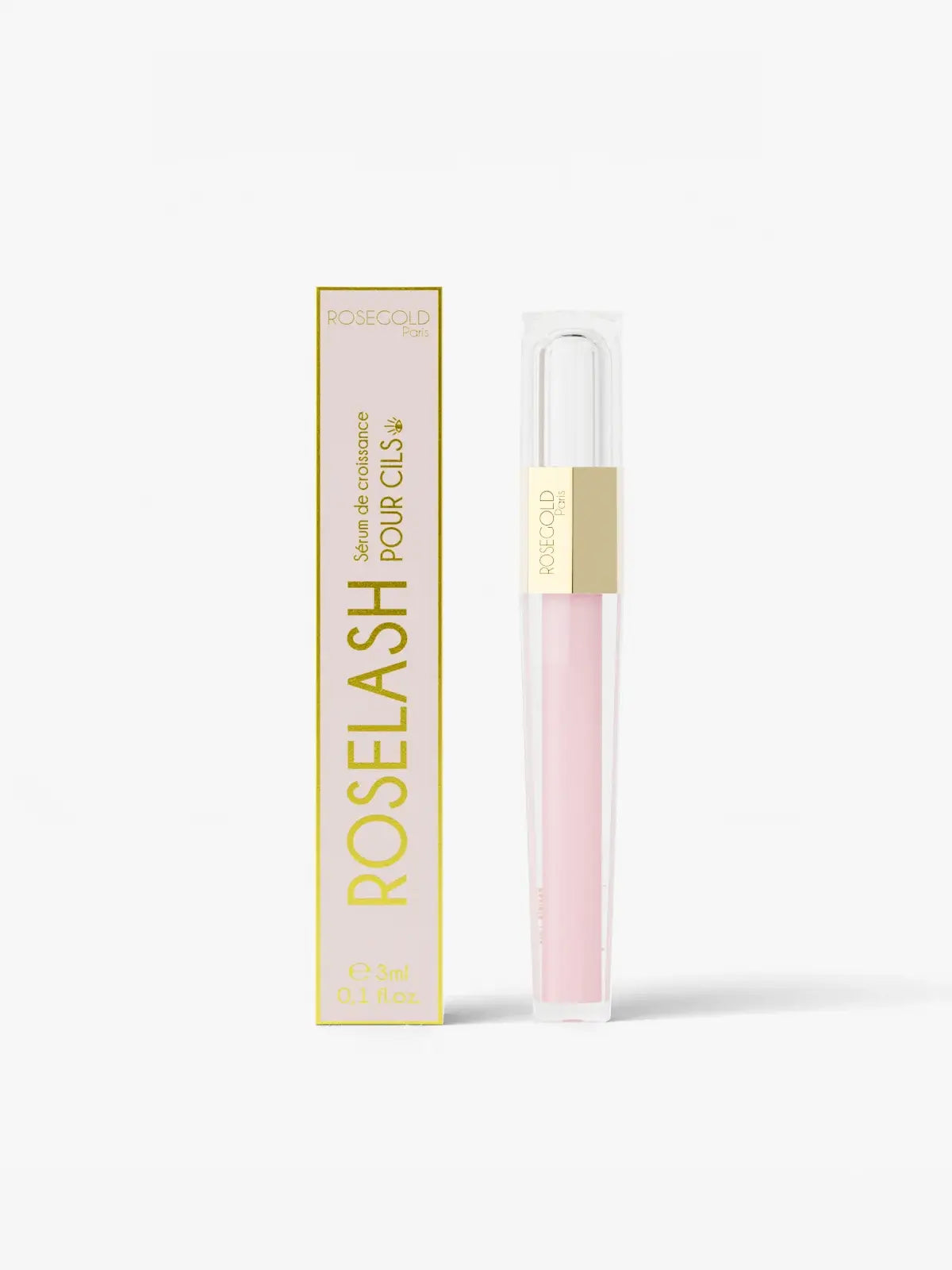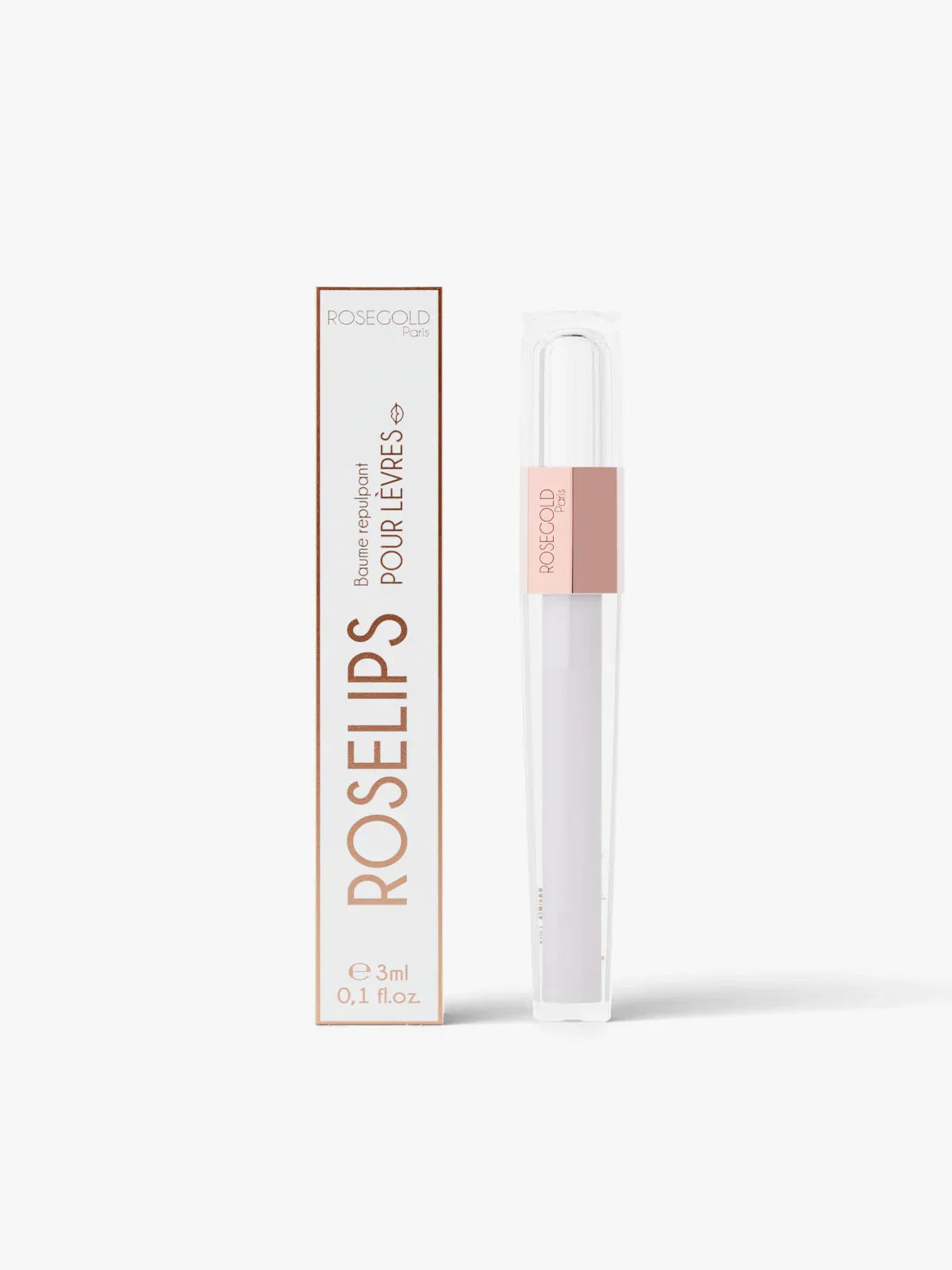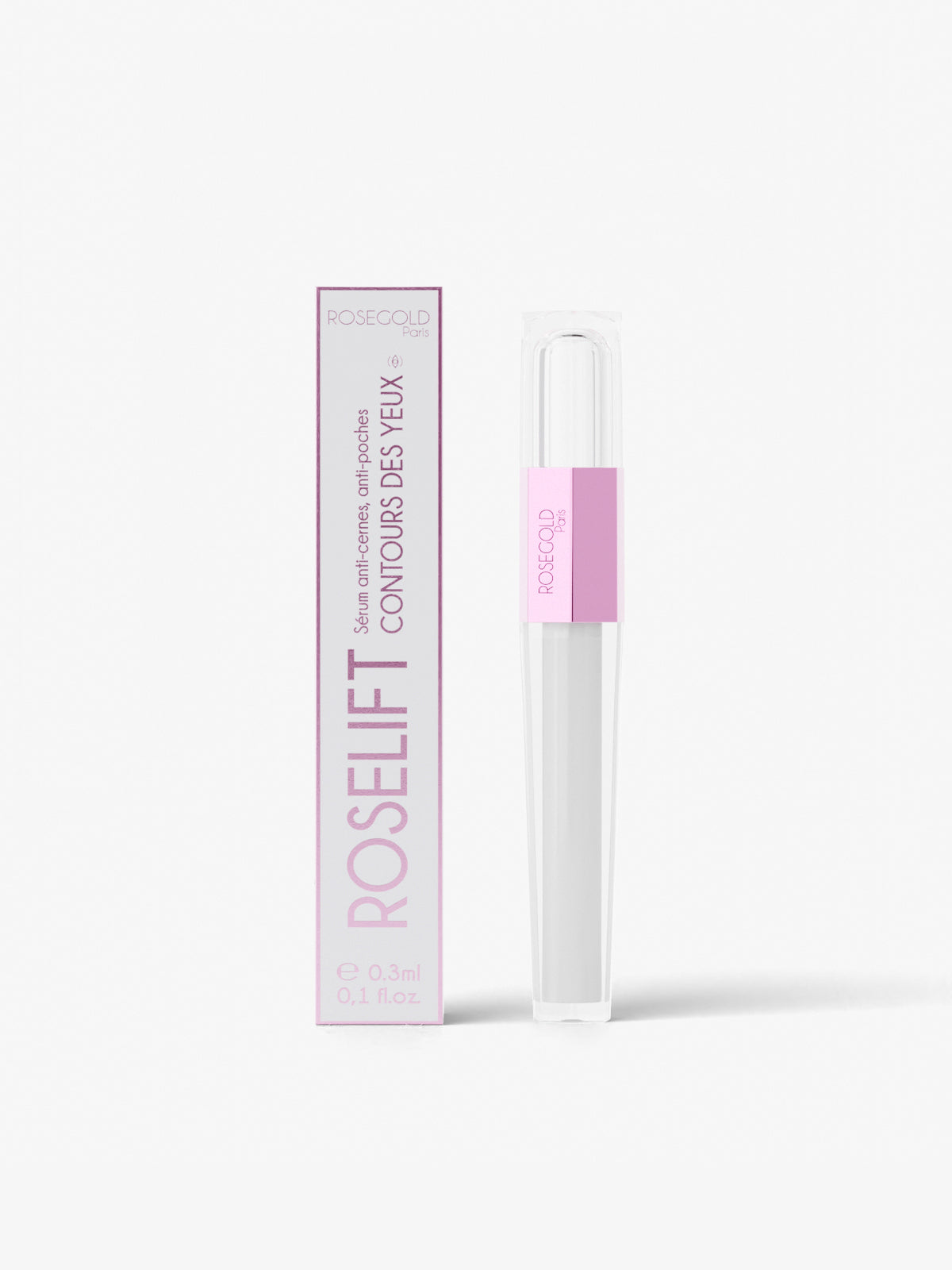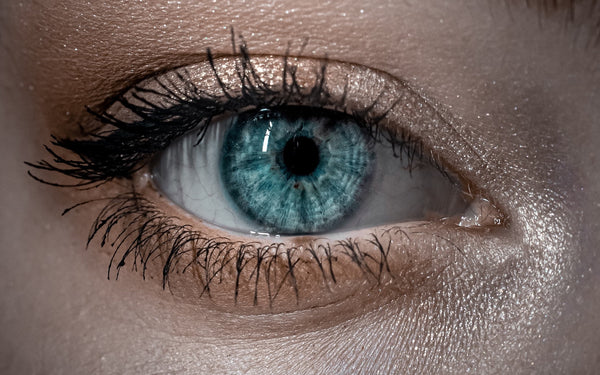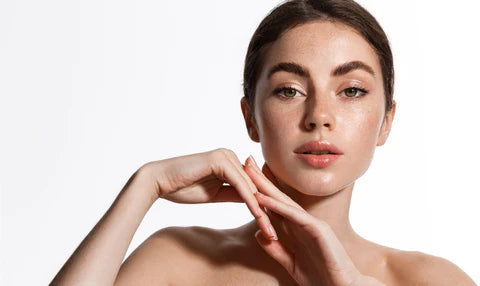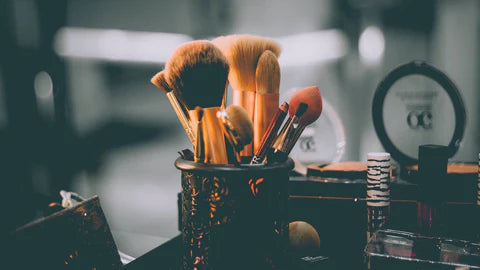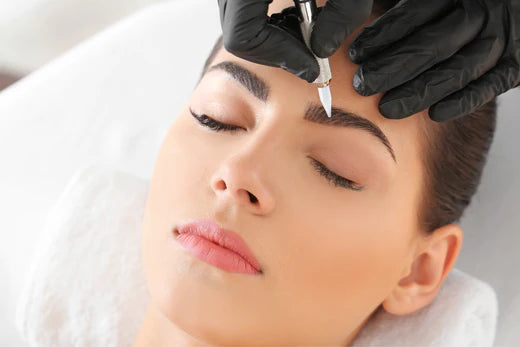
Le bronzage est une étape indissociable de l'été, mais il faut adopter les bons gestes pour ne pas prendre le risque de s'abîmer la peau. Comment bronzer naturellement ? On fait le point.
Avec les beaux jours, l'envie de bronzer se fait ressentir et c'est normal. Il faut savoir que la peau bronze en réponse à l'exposition aux rayons ultraviolets (UV) du soleil. Ces UV sont une forme de rayonnement électromagnétique émis par le soleil. Lorsque la peau est exposée aux UV, les cellules de la peau (les mélanocytes) produisent un pigment appelé mélanine.
C'est la mélanine est responsable de la couleur de la peau, des cheveux et des yeux. Elle agit comme une sorte de bouclier de protection contre les rayons UV en absorbant une partie de leur énergie. Lorsque les mélanocytes détectent l'exposition aux UV, ils produisent davantage de mélanine et la répartissent dans les couches supérieures de la peau afin d'absorber les rayons UV et aider à prévenir les dommages qu'ils peuvent causer. Cela explique pourquoi les personnes à la peau plus foncée ont généralement une capacité naturelle plus élevée à se protéger des effets nocifs du soleil, leur peau contient plus de mélanine.
Il est important de comprendre que le processus de bronzage de la peau est en réalité une réponse à une agression, car les rayons UV peuvent endommager l'ADN des cellules cutanées et augmenter le risque de cancer de la peau... C'est pourquoi il est essentiel de prendre toutes les mesures de protection possible quand on s'expose au soleil, même quand on veut bronzer.
Découvrez notre sérum cernes
Les conseils pour bronzer rapidement sans prendre de risques
On le sait bronzer est un processus naturel qui nécessite une exposition au soleil. Mais vous l'aurez compris, avant du grand départ en vacances et surtout pendant, il est important de prendre ses précautions pour éviter les brûlures et les dommages causés par les rayons UV et UVB.
Choisir les bonnes heures
Évitez de vous exposer au soleil pendant les heures les plus chaudes de la journée, généralement entre 10 heures et 16 heures, lorsque les rayons UV sont les plus intenses. Privilégiez une exposition plus tôt le matin ou en fin d'après-midi.
Découvrez notre sérum cernes
Y aller progressivement
Commencez par de courtes périodes d'exposition au soleil, en augmentant progressivement la durée au fil des jours. Cela permet à votre peau de s'adapter progressivement et de développer un bronzage plus durable. Vous pouvez aussi opter pour des cures de compléments qui préparent la peau au soleil, certaines peuvent être recommandées par votre dermatologue.

Hydrater suffisamment la peau
Une peau bien hydratée a tendance à bronzer plus facilement. Utilisez une crème hydratante adaptée à votre type de peau du corps ou une huile végétale comme l'huile de coco, d'amande douce ou de jojoba, pour maintenir une hydratation optimale. Pour le visage continuez votre routine en privilégiant des textures légères pour vos soins comme un sérum visage et un sérum contour des yeux. Ne négligez pas non plus votre apport d'eau par jour, la meilleure des hydratations passe avant tout par l'organisme interne !
Ne pas zapper l'exfoliation
Avant, pendant et après une exposition soleil il est conseillé d'exfolier doucement votre peau à l'aide d'un gommage (voyez comment faire un gommage maison) pour éliminer les cellules mortes. Une peau plus lisse et fraîche favorise un bronzage uniforme.
Utiliser une protection solaire
Été, printemps, automne ou hiver, utilisez toujours un écran solaire avec un facteur de protection solaire (FPS) approprié pour protéger votre peau des rayons UV nocifs ! En été on double la dose avec une crème solaire à l'indice SPF 50. Choisissez toujours un écran solaire à large spectre qui protège à la fois des rayons UVA et UVB et évite les mauvais coups de soleil.
Découvrez notre sérum cernes
Appliquer des soins après-soleil
Après chaque exposition au soleil, appliquez des produits solaires apaisants et hydratants pour aider à calmer la peau et à prolonger le bronzage. Les produits à base d'aloe vera peuvent être particulièrement bénéfiques, mais de nombreux soins à cet effet sont disponibles sur le marché.

S'habiller en conséquence
Portez des vêtements légers, mais couvrants, tels que des chemises à manches longues en lin, et des chapeaux à larges bords pour protéger votre peau du soleil lorsque l'exposition est prolongée.
Adopter une alimentation équilibrée
Une alimentation équilibrée en fruits et légumes contenant des antioxydants peut aider à protéger la peau des dommages causés par les radicaux libres. Optez pour des aliments riches en la matière tels que les carottes, les tomates, les épinards et les agrumes à volonté pour vous assurer un bronzage rapide sans conséquences désastreuses.
Attention, une exposition excessive et non protégée au soleil peut augmenter le risque de cancer de la peau mais aussi provoquer un vieillissement prématuré de la peau. Si vous avez des questions spécifiques liées à votre peau ou à l'exposition au soleil, il est préférable de consulter un dermatologue.
